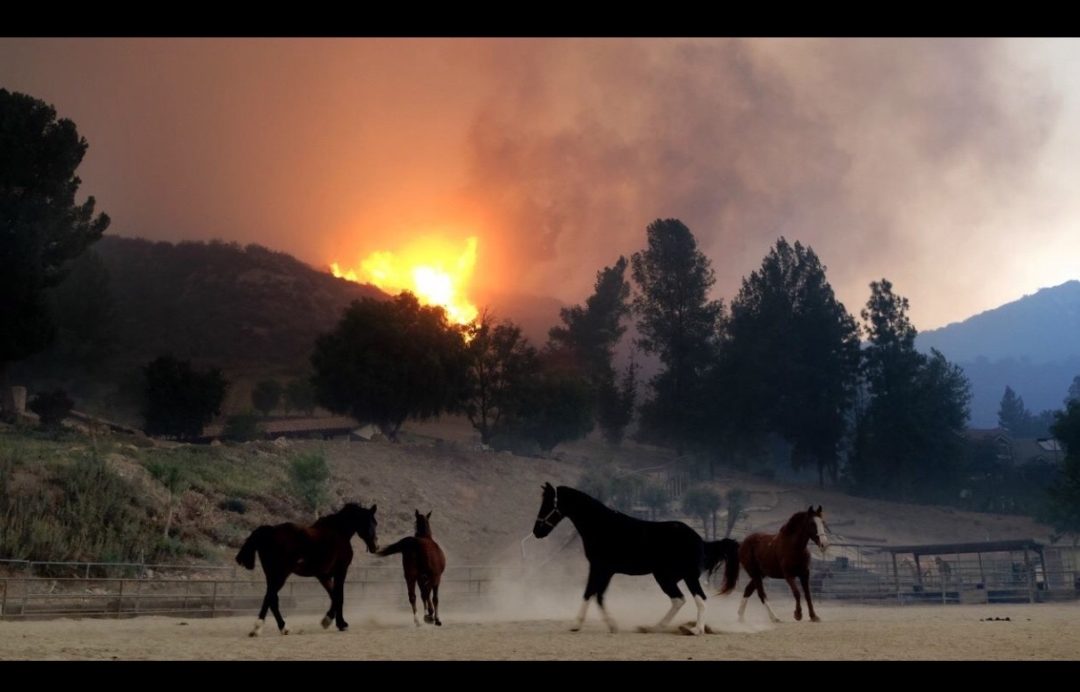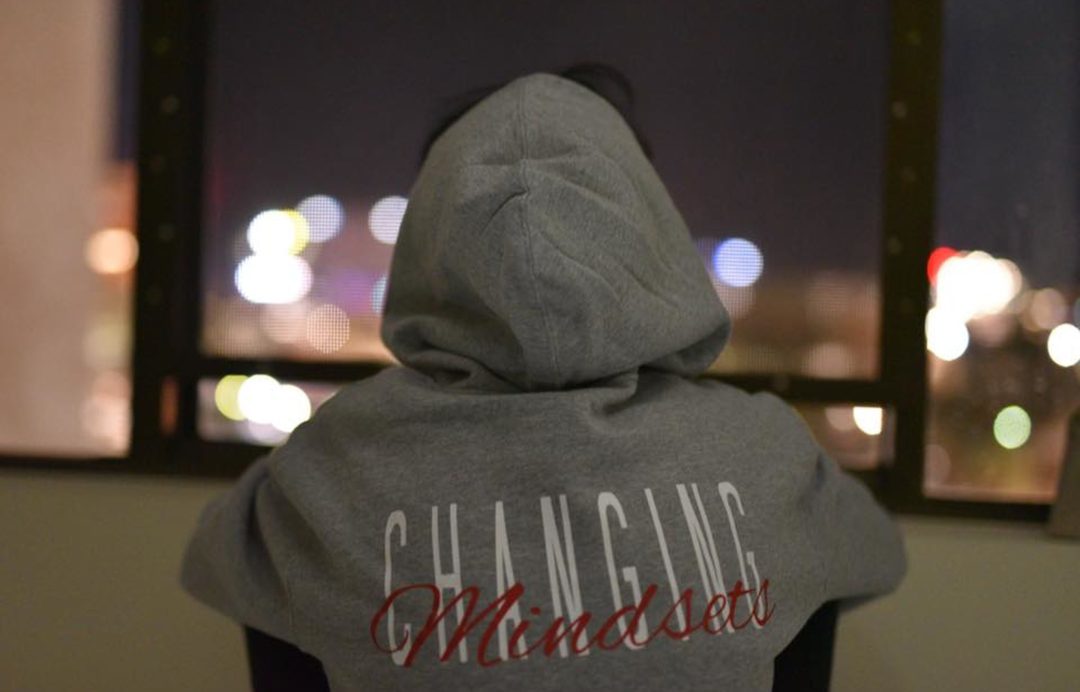“Pull out the weeds, or make peace with the dandelions.”
―
On the journey of self-actualization, life lessons appear everywhere. How we engage in tasks or relationships reflects who we are, often giving us glimpses of areas needing attention and refinement.
The winter rains were both a blessing and a curse. My gardens are thriving, the rivers are flowing, and the weeds are flourishing.
My property has a myriad of levels. The ones that I regularly frequent garner the most attention. However, after the rains, weeds appeared in force, challenging the parameters for my visual sense of order. I needed to get into the yard and start weeding.
Weeding relaxes me, and I love the outcome; however, it can often feel intimidating and never-ending. I sometimes set aside a block of time and address an entire area, committing to completing a section. At other times, it’s random, reaching down and pulling a few as I walk from point to point to return later in the day, which may or may not happen.
On my way to feed the horses this morning, I bent down to pull a few stray clumps that were beginning to pop through the gravel. However, my horses had already seen me, signaling their impatience with neighing and stomping, so I paused the weeding to attend to them. Then, on the way back to the house, I again bent to unroot a few more when I heard the kettle whistling and went to pour my tea.
During these brief moments of weeding, I had an epiphany. If I pulled too forcefully, I would tear the tender leaves away from the root ball, and if that happened, it would require me to dig deeper into the earth to grab the roots.
If I left those roots, they would regrow stronger and more resilient, making next time even more challenging to remove. However, if I held below the leaves and gently coaxed the roots out, they would release their grip on the soil, making the entire process easier.
The correlation between our actions and our self-awareness is the manifestation of learning. Today the lessons were two-fold, mindfulness and letting go.
The simple task of weeding lends itself perfectly to mindfulness, setting an intention, taking the time, and executing the task. Using the correct amount of effort, not too much, yet enough to dislodge the weeds, and viola, a waking meditation: a calmer mind achieved.
To hurry through willy-nilly grabbing and pulling without conscious technique would make my weed abatement harder in the future.
Weeding also taught me the second lesson of letting go. To let go is also a matter of intention. It starts with the desire to let go of a behavior, a belief, a relationship, or anything that no longer serves our lives.
Once identified, it then becomes a matter of execution. Sometimes it happens in a flash; other times, it takes effort and discipline to let it go. We hold on tight because the familiarity feels safer than the unknown.
Like weeds, unuseful thoughts and beliefs are stubborn; they will continue to grow unless we get to the root. We can only truly rid ourselves of ideas that do not serve us when we get to the heart, the source from which it came. This is accomplished in the same way we weed our gardens.
Identify what we don’t want, then diligently remove them, not allowing them to grow. The more we extract them from their roots, the less frequently they return.
Yet just like the old beliefs and behaviors we chose to rid ourselves of, on occasion, when we least expect it, they pop up, testing to see if we can mindfully acknowledge them and let them go. Then, one day, we notice they barely ever reappear.
We can never have a garden that is ultimately weed-free, nor can our lives always be in perfect harmony. It is up to us how we view it. Weeds are often just plants that have not been deemed essential. A dandelion can be pesky, growing amongst the roses, yet, a field of dandelions can be food for horses or a playground for children to blow upon to make a wish.
We manifest our lives to fit our perceptions.
All that crosses our paths are growth opportunities. How we assert our attention determines whether it will be pleasant. Metaphors for life exist everywhere, reflecting who we are, based on our reactions. Do we get triggered? Are we accommodating? Are we generous? Do we take the time to be kind?
When we first begin, the effort to be mindful can seem daunting and without reward. Nevertheless, little by little, it becomes easier. As mindfulness becomes the norm, the times we are not; become apparent.
Life is short. We can create a life filled with opportunities or one filled with problems. The ability to see the difference occurs when we shift our perspective.
“If you fail to sow good thoughts in your mind, the weeds of evil thoughts will take root there and eventually they will take up all the space and not let good thoughts flourish.”
―






Anne Ross
Great read and wonderful reminder! My favorite line….On the journey of self-actualization, the correlation of actions and life become intertwined, and lessons appear everywhere. Nice! Also interesting point that it is a matter of intention and requires the desire to let go of a behavior. When I see friends and or family who I know would benefit from letting go but are not yet ready or willing to do so, it makes me sad knowing the freedom they could feel from releasing a negative, or self defeating behavior or way of thinking. Good stuff to ponder.
charisse
Thank you, Anne. Yes, it is often easier to see another’s “need” to let go of something, but it is up to them to do it. Remember as children when we were losing our baby teeth, and the roots held on so tight. I would wiggle mine back and forth helping to dislodge it. And sometimes they came out with effort but more likely it took my prodding. We all grow in our own time. Perhaps planting the seeds for your friend or family that they have a choice.
Teresa
I am doing a lot of self-weeding at this time. 😉 Thank you so much as always for your wisdom – hope you are having a good day! ❤️
charisse
Self weeding..Love that! Weeding of the inner self. Thank you. Enjoy the process of letting go.
Barbara DuDeck
Weeding abundantly and enjoying the results. Just getting into the soil and feel the richness of our home we call earth soothes my soul. Thank you always for your guidance. You are a blessing.
Francine’s big Seester
charisse
Thank you, Barbara, I love the smell of the soil too, the earth is truly our home 🙂
Richard Neil
Beautifully said Charisse! Been steadily weeding of late, both in my out of control backyard, and personally. This one really touched home. Thank you! ❤️
charisse
I love when the words hit home. Best to you Richard.:)